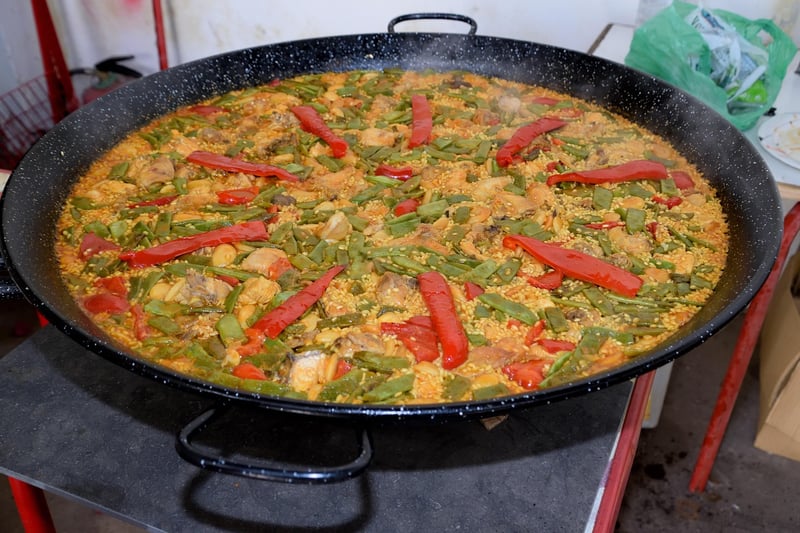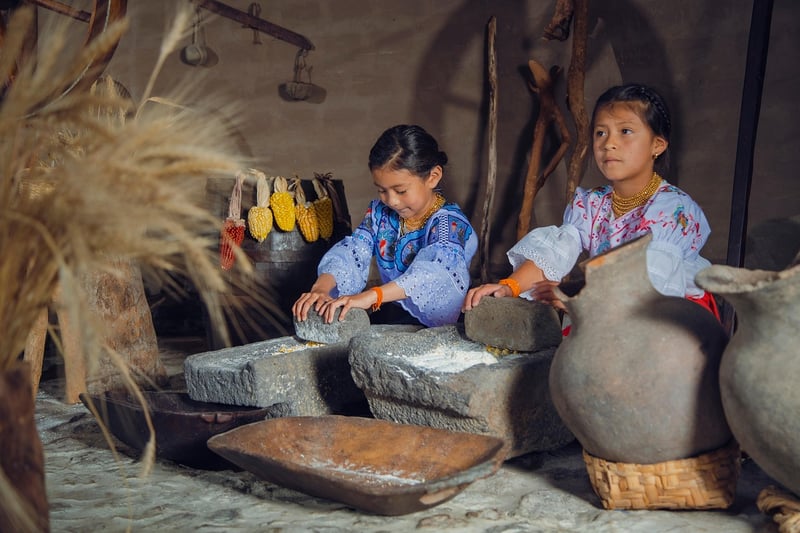Cultural Influences
Exploring the Roots of Cuisine and Cultural Influences
Food is not just sustenance; it is a reflection of history, tradition, and culture. The roots of cuisine run deep, intertwined with the fabric of societies and influenced by a myriad of factors. Let's delve into the rich tapestry of culinary heritage and the cultural influences that have shaped the way we eat today.
The Origins of Cuisine
Every dish has a story to tell, a journey from its inception to the present day. The origins of cuisine can be traced back to ancient civilizations where food was not just a means of survival but a form of art. From the spice routes of the Middle East to the noodle shops of China, each region developed its unique flavors and cooking techniques.
Ancient Civilizations
Ancient civilizations such as the Egyptians, Greeks, and Romans laid the foundation for modern culinary practices. They cultivated crops, traded spices, and documented recipes that have stood the test of time. The use of herbs, spices, and fermentation techniques can be attributed to these early food enthusiasts.
Medieval Europe
During the Middle Ages, Europe witnessed a fusion of culinary traditions brought about by trade and conquest. The introduction of new ingredients like sugar, spices, and exotic fruits revolutionized European cuisine. Royal feasts and banquets became showcases of wealth and power, with elaborate dishes served in ornate settings.
Cultural Influences on Cuisine
Cuisine is not static; it evolves with time, adapting to changing tastes and influences. Cultural interactions, migration, and globalization have all played a role in shaping the foods we love to eat. Let's explore some of the key cultural influences on cuisine:
Colonialism and Trade
The age of exploration and colonialism had a profound impact on global cuisine. The Columbian Exchange brought together ingredients from different parts of the world, leading to the creation of entirely new dishes. Foods like tomatoes, potatoes, and chili peppers found their way into kitchens across continents, forever changing the culinary landscape.
Immigration and Diaspora
Migration has always been a catalyst for culinary innovation. As people moved to new lands, they brought their food traditions with them, resulting in a fusion of flavors and techniques. From the Italian pasta in America to the Indian curries in England, immigrant communities have left an indelible mark on the local cuisine.
Conclusion
Cuisine is a living, breathing entity that continues to evolve and adapt to the changing world around it. By understanding the roots of cuisine and the cultural influences that shape it, we gain a deeper appreciation for the food we enjoy every day. So, the next time you sit down for a meal, remember that you are not just eating; you are partaking in a centuries-old tradition rich in history and culture.


For more fascinating insights into the world of cuisine and culture, stay tuned for our upcoming articles!
